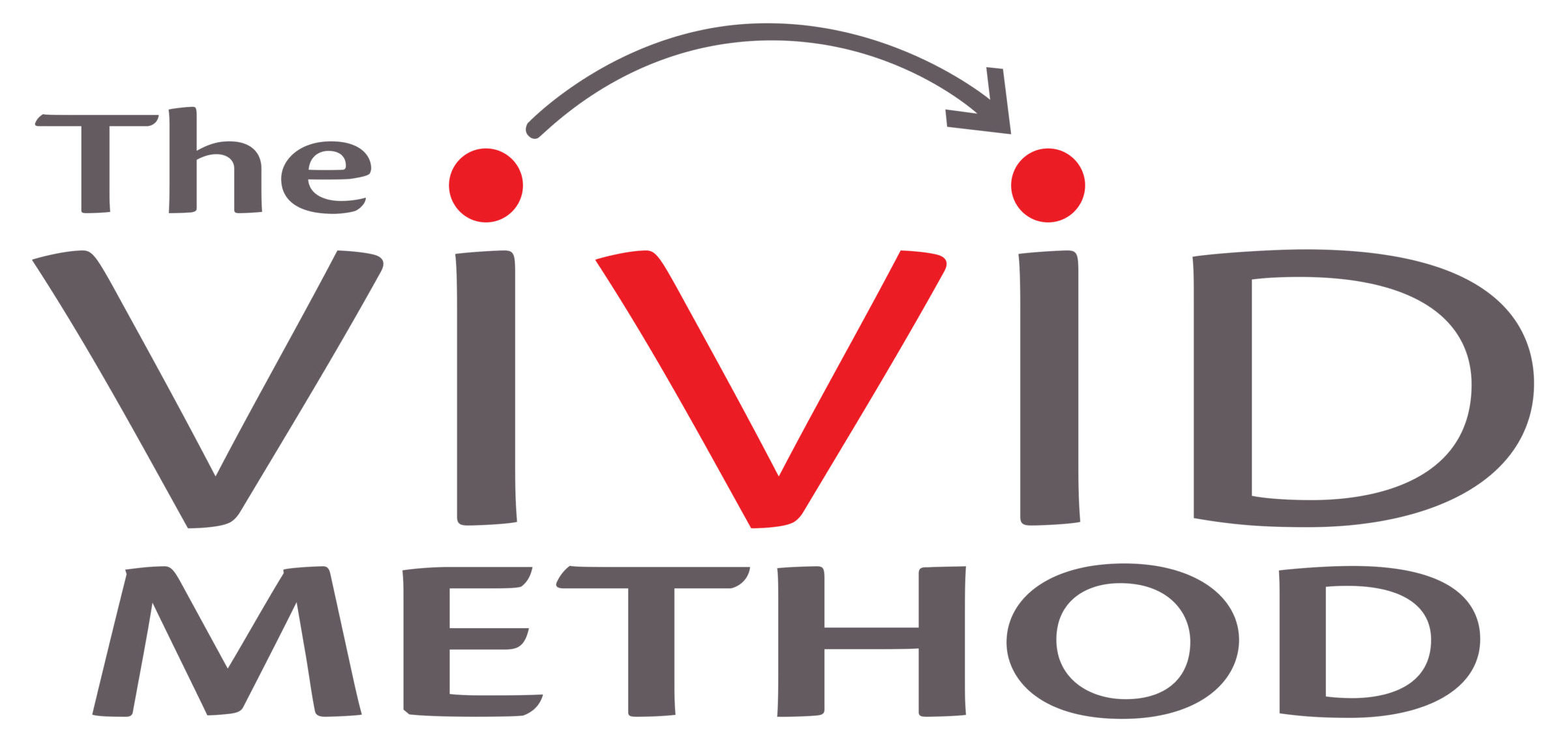How to develop poise as a Speaker

Poise is a lovely word. It implies ‘calm’, ‘balance’ and ‘assuredness’ and it underpins powerful delivery skills.
Most speakers don’t have poise because they don’t fully understand the (normal) anxiety that comes with public speaking. The ‘Stress Response’ to danger/uncertainty/fear actually causes us to shrink, tighten and contract our muscles.
When you understand what’s happening to you – and when you can recognise where the tension is in your body, it’s surprisingly easy to release. Awareness is the key. Then you can re-direct your attention to “Loosen my shoulders” or “Take a full breath before I start the next sentence” or “Unlock my knees”.
2Technically speaking our muscles go into flexion as opposed to extension. Muscles work effectively using a combination of the two but the shortening associated with flexion interferes with circulatory flow.

This shortening and tightening is known as the body’s ‘startle pattern’ which is a defensive posture designed to prepare you to fight or flee. When you understand this, it’s relatively easy to adjust – and ‘reset’ yourself into a relaxed mode.
The problem is that most of us don’t recognise it’s happening – making it last longer and cause more problems than it needs to.
Try this
- Imagine you are walking through a dark alley at night and you hear a noise. What do you do with your head and neck?
- What if you hear a gun-shot? Your head shrinks like a turtle as you steel yourself against a physical shock.
- What do you do with your head and neck when you tip-toe? If you were consumed with fear or anger; would your body lengthen or shrink?
Feel the tension? Now release it.
In the very short-term, this shortening can strengthen us and provide a solid foundation for fighting or fleeing, but after a few seconds this shortening saps our vitality. The startle pattern alerts your senses to danger but weakens you reasoning abilities.
If you make presentations in this shortened, tightened state, you will use 2 to 10 times the amount of energy required. You’ll restrict your ability to breathe comfortably which will make you feel less clear (even dizzy), which feeds the feelings of uncertainty – increasing anxiety.
In other words, this state facilitates a massive misdirection of effort and a destructive waste of energy.
What to do about it?
The best solution is just to observe it, which makes it a lot easier to release. When it happens unconsciously, you don’t know what to release – all you know is that you feel terrible!
—–
If you’d like to develop more poise when speaking, consider:
